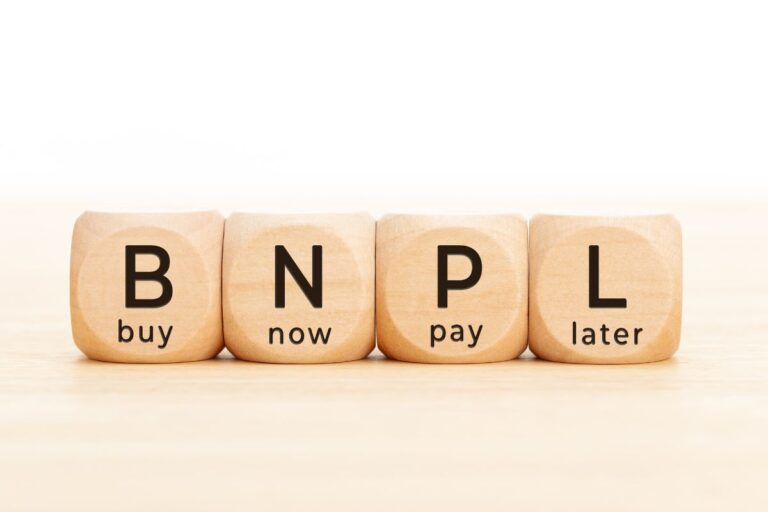In an era of rapid technological advancement, the future of payments is evolving at an unprecedented pace. In this exploration of emerging payment technologies, strategies for staying ahead in the digital payment landscape, and the transformative impact of blockchain on payment processing, we’ll uncover the key trends shaping the future of financial transactions.
1. Emerging Payment Technologies
The payment landscape is witnessing the emergence of innovative technologies that promise to reshape how transactions are conducted. Some noteworthy trends include:
- Contactless Payments: The rise of near-field communication (NFC) technology enables secure and convenient contactless payments through smartphones, smart cards, and wearables.
- Biometric Authentication: Leveraging biometric data such as fingerprints and facial recognition for secure and seamless payment authorization.
- Cryptocurrencies: The growing acceptance of digital currencies like Bitcoin and Ethereum, opening new possibilities for borderless transactions.
Exploring and adopting these technologies can enhance the efficiency and convenience of payment processes for both businesses and consumers.
2. Staying Ahead in the Digital Payment Landscape
To stay ahead in the rapidly evolving digital payment landscape, businesses need to embrace a proactive approach. Here are strategies for maintaining relevance and efficiency:
- Invest in Digital Infrastructure: Ensure your business is equipped with the necessary digital infrastructure to support advanced payment technologies and meet evolving customer expectations.
- User-Friendly Interfaces: Prioritize user experience by offering intuitive and user-friendly interfaces for your payment systems.
- Adaptability and Scalability: Build payment systems that can adapt to changing technologies and scale with the growth of your business.
By staying abreast of digital payment trends and continuously innovating, businesses can position themselves as leaders in their industry.
3. The Impact of Blockchain on Payment Processing
Blockchain, the decentralized and secure ledger technology that underlies cryptocurrencies, is revolutionizing payment processing. Key aspects of its impact include:
- Enhanced Security: The cryptographic nature of blockchain ensures secure and tamper-proof transactions, reducing the risk of fraud and unauthorized access.
- Faster Settlements: Blockchain facilitates quicker and more efficient settlement of transactions, eliminating the need for intermediaries and reducing processing times.
- Smart Contracts: Self-executing contracts encoded on the blockchain automate and streamline complex payment processes, reducing the need for manual intervention.
Understanding and leveraging blockchain technology can lead to increased efficiency, transparency, and security in payment processing.
In conclusion, the future of payments is marked by an exciting array of technologies and innovations. By embracing emerging payment technologies, adopting proactive strategies to navigate the digital landscape, and harnessing the transformative power of blockchain, businesses can position themselves for success in the evolving world of financial transactions. Stay tuned for more insights into the dynamic future of payments.



